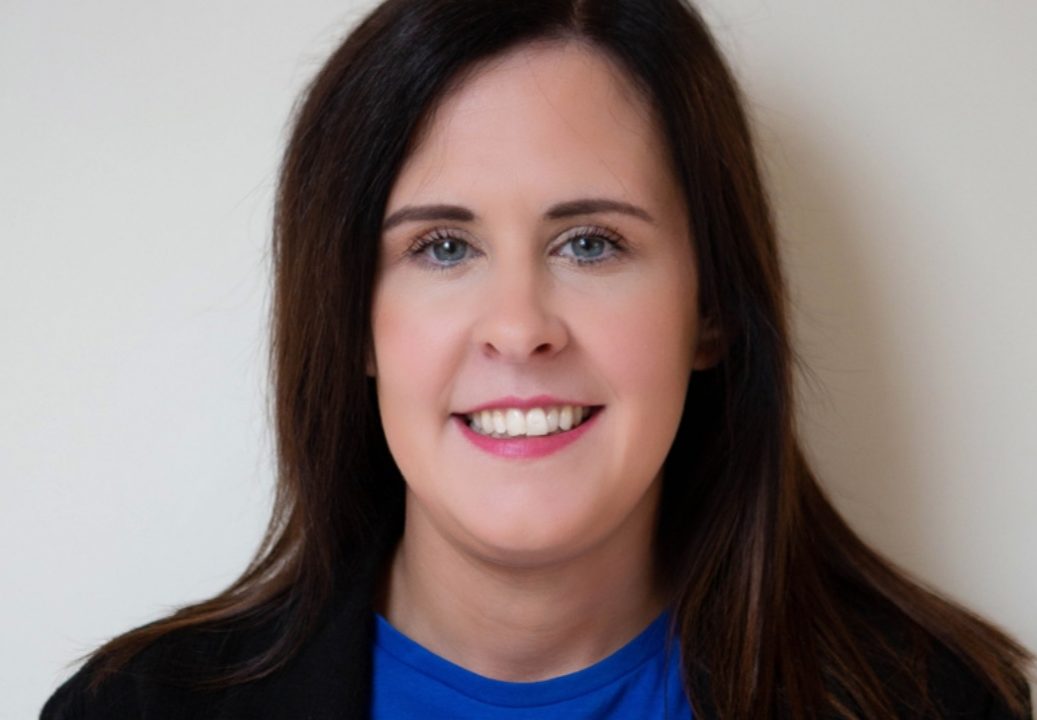Aontú candidate for East Derry, Gemma Brolly, has called for a commitment from Stormont to support and fully engage with the farming community following the passing of Northern Ireland’s first-ever Climate Change Bill this week.
The historic bill, which passed through the final stage of the Assembly this week, commits Northern Ireland to a net-zero target by 2050. Minister for Agriculture, Environment and Rural Affairs Edwin Poots, who proposed the bill, fought to ensure that it will not require a level of net methane emissions reductions of more that 46% by 2050 from the agricultural sector.
However, while Brolly, a farmer’s wife welcomed the efforts of government to tackle climate change, she worries the effects of the bill will nonetheless be detrimental to the farming industry.
“Whilst it is wonderful to see our government finally embrace pro-action in climate change, in the present financial ‘climate’ this bill will come as a massive blow for some, with huge consequences for rural communities in particular,” she said.
“This bill brings catastrophic loss. With the aim now set for a 100% reduction in greenhouse gas emissions, we’re set to see huge reductions in herds of up to 86%, up to 13,000 job losses and an 11 billion pound loss.
“This is not acceptable or sustainable”.
Small-scale farming families have been fighting for way too long Brolly said, and have had to increase herds over the past few years in order to “continue to make a living”. The onus of this, she said, is on the governemnt.
“The neglect of the farming community, by government, is what led to larger herd sizes in the first place. It is sad to think that prior to the end of Stormont’s mandate they are scrambling to penalise farmers and rush this legislation through,” she said.
Brolly added that farmers have been “unfairly and disgracefully scapegoated in discussions around this bill”.
“With the passage of the Climate Change Bill we in Aontú will work to ensure farmers are consulted and supported throughout this process and that they are supported – practically and financially, in their efforts to tackle climate change, rather than being penalised and blamed,” she concluded.
